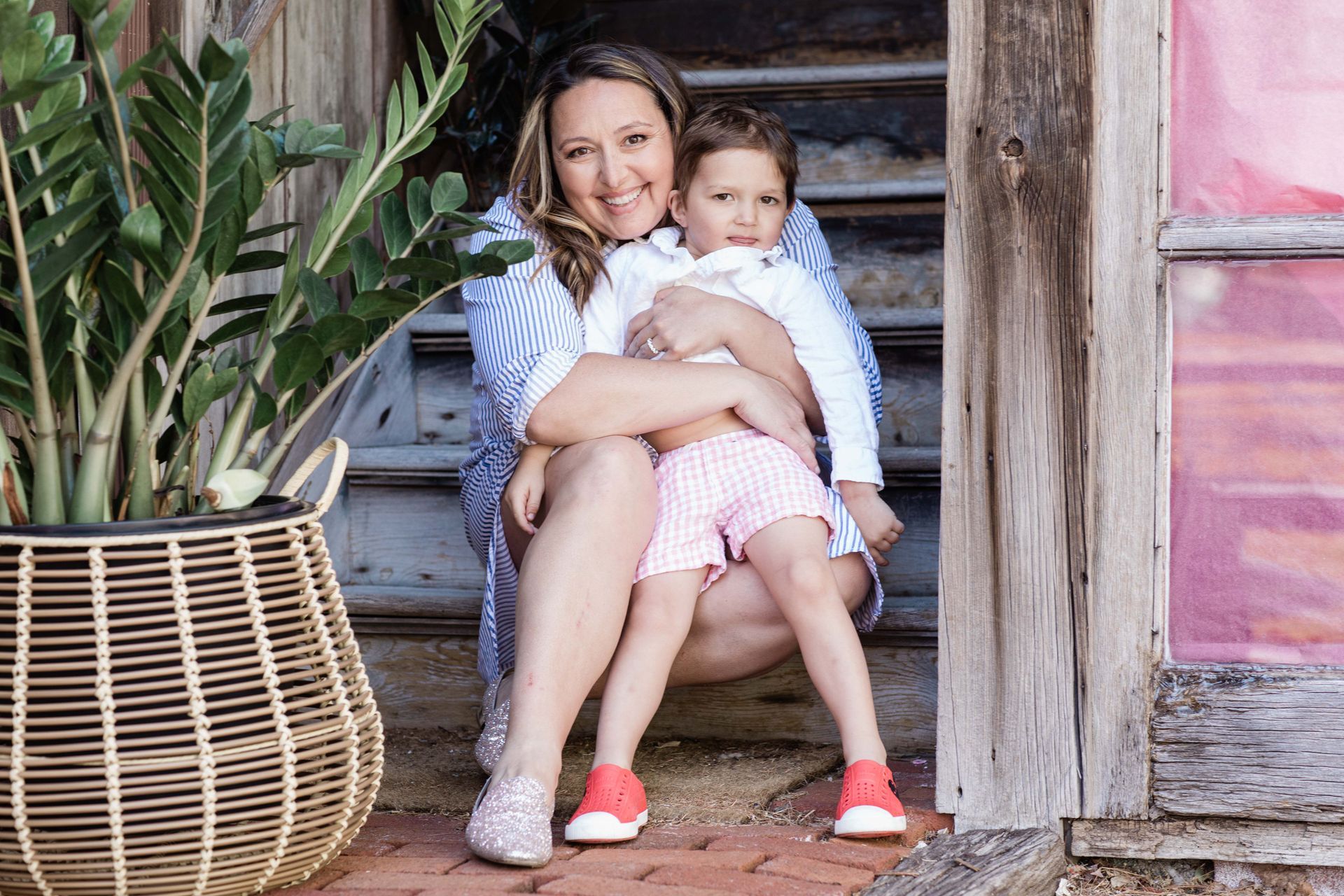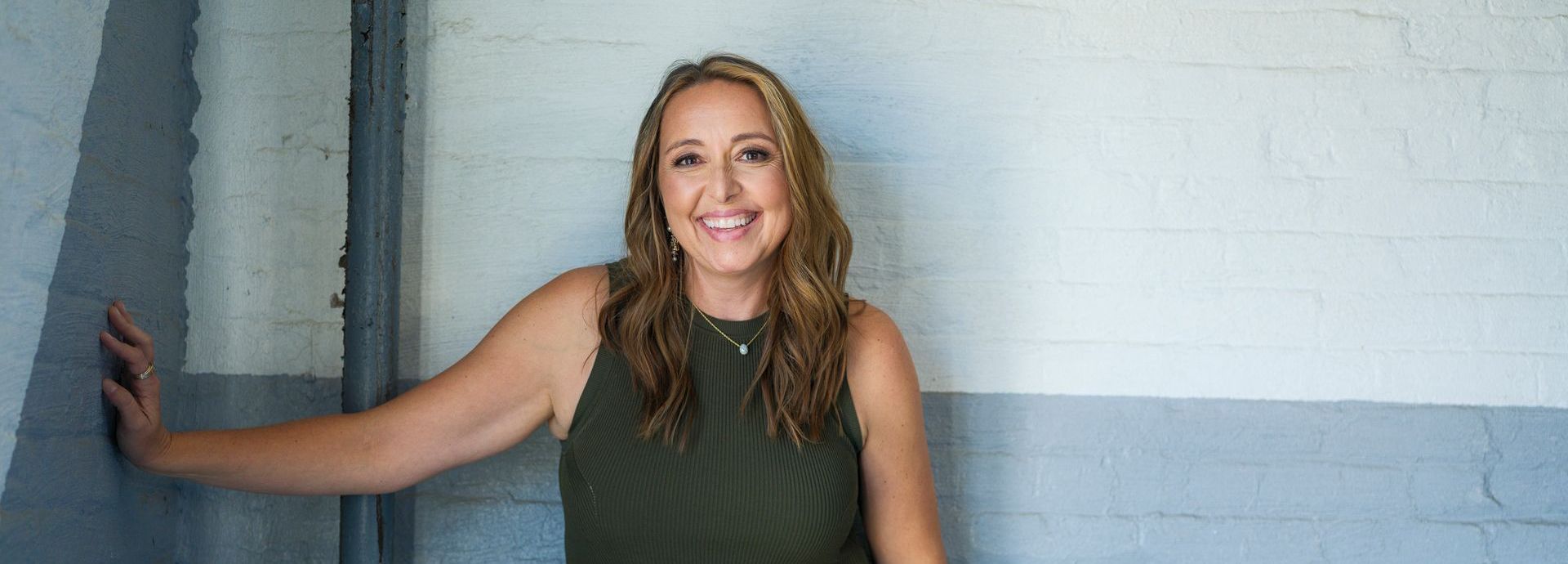Take Care of the Earth This Spring
Spring is such a magical time. It reminds us of the earth, how many things are alive, and how beautiful nature really can be. Plus, it’s officially my favorite month because April is Earth month! I'm a huge believer in reducing your carbon footprint year-round so I wanted to give you some ideas on how to take better care of the Earth this spring.

1. Create a backyard garden
I adore gardening, and not just because it connects me and my family more to the Earth, but because it takes care of it too! Did you know that having an organic veggie garden can save 68 lb of CO2 a year? And that's really just the start of it! You can grow flowers, fruits, herbs, veggies- whatever fits your backyard and your lifestyle.
But I highly suggest starting a garden however you can. Not only does it help support the Earth by bringing more organic goods into the world, it helps you feel more connected to it too. You get to see in real time all the beautiful things that nature can do. Also, if you have littles, it's a great way to teach them about the Earth and why they should want to take care of the planet!
2. Start composting
We all know about trash and recycling, but have you tried composting? Instead of throwing them away, you can put things like cardboard, grass, leaves, and food waste into a compost pile. It can be as easy as having an outdoor compost bin, or there are options that can be stored in your kitchen with no mess and no weird smells.
I always recommend keeping the pile moist, turning it regularly, and adding new material to keep the composting process going. Composting not only helps the environment by reusing material, but it adds nutrients to garden bed soil. And it's a great thing to have if you’re starting that home garden!
3. Swap to LED lights
It's a quick swap, but LED lights really do make such a difference for the environment. The greenhouse gas emissions from LED lights are significantly lower than any other form of light bulb. Plus, it has the great added benefit of you don't have to change your lights as often! LED lights can change colors, connected to your smart home devices, or be set on a timer.
These energy efficient bulbs can support both you and your household by not only being more environmentally friendly, but just more convenient for you in the long run! You can also easily use LED lights both indoors and outdoors. So I suggest changing all your bulbs to LED!
4. Repair, don’t replace items
We're all guilty of throwing out a shirt just because it has a small hole, but I'm telling you that you really can learn how to repair instead of replace your items! Learn how to stitch small holes, how to refasten buttons, or how to deep clean that pot that seems beyond repair. There are so many things that are just a Google search away to help us further love and care for our items, instead of putting them in a landfill.
Even if you don't want to learn, it might be a great idea to make friends with a local tailor, cleaner, or handyman who knows how to give items a longer lifespan. The real goal here is to not see your items as disposable as soon as they have a small imperfection. Train yourself to look for ways to help your stuff last longer and not end up in a trash pile because of a very fixable issue.
5. Use more non-toxic products in your home
You would be scared and surprised to find out how many toxic ingredients go into everyday household items like makeup, cleaning supplies, and so many more. They can be full of parabens, harmful chemicals, microplastics, and so many ingredients that do harm to the planet and to us! So, if you really want to reduce your carbon footprint, I highly recommend looking for non-toxic products to use in your home and your everyday life.
One of my favorite non-toxic brands is Blueland. Non-toxic products can be all over the place, but Blueland has been consistent and transparent about what’s in their products. They've also been consistently high quality and reliable in all of their cleaning products- from personal care to laundry soap.
These are five ways that you can have a smaller carbon footprint all year-round. Some are quick intentional changes, some are lifestyle shifts to help you be more in touch with the Earth and more aware of how you impact the world around you. Plus, so many of these tips also give you some benefits, like better health, more family time, and reminders to slow down and better care for the things around you.
It's okay if it takes you time to explore these habits and discover the best ways for you to be a little more eco-friendly in your daily life! Remember, it is not about perfection, it's always about growth and becoming a little bit more aware of how to better take care of our Earth.

Your yard is an extension of your home and heart.Never Compromise on Outdoor Living
As someone who's helped countless families find their perfect home, I've seen firsthand how outdoor spaces transform lives. A yard is where summer barbecues create community bonds, where children build memories that last a lifetime, and where you'll gather for celebrations big and small.

Tired of crowded parks being your only "nature"? Exhausted from cross-city treks for weekend activities? Craving genuine peace beyond the city hustle?
It might be time to look NORTH.
The dream many New Yorkers chase seems impossible: genuine connection with nature without sacrificing urban amenities. We love the energy, opportunities, and excitement of Manhattan, but at what cost to our wellbeing?
As someone who helps city dwellers find their perfect home in Fairfield and Westchester Counties, I've witnessed countless transformations as people discover they can truly have it all – the accessibility of NYC with the breathing room of northern suburbs.



